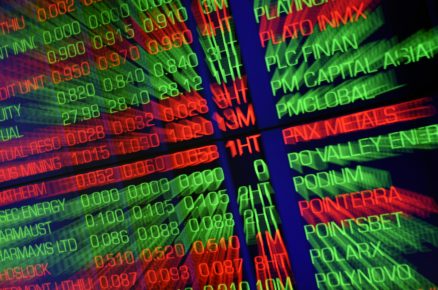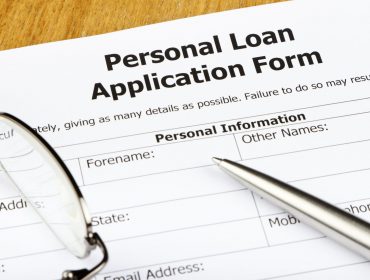Asian shares slipped Friday after surging U.S. bond yields restored pressure on high-flying innovation companies.
Investors were disappointed with remarks by Federal Reserve Chair Jerome Powell on Thursday when he said inflation will likely choose up in the coming months, though he cautioned that the boost would be short-term and would not suffice for the Fed to modify low-interest-rate policies set to help the economy recover from the pandemic.
Powell did not suggest the Fed may seek to rein in increasing bond yields, which tend to draw money out of stocks into less risky bonds.
Investors were hoping for “a little bit more hand-holding” from Powell, Stephen Innes of Axi said in a commentary. “Powell is doing the bare minimum here while all at once meaning a lift-off level that could be a lot nearer on the horizon than suspected just a few weeks back.”
That angst has spilled into world markets that have grown on massive financial stimulus from the world’s reserve banks.
Japan’s Nikkei 225 NIK, -0.94% was last down 0.7% after at first falling as much as 2%, while the Hang Seng HSI, -0.49% in Hong Kong trimmed steep early losses to be down 0.3%. South Korea’s Kospi 180721, -0.78% shed 0.4% while the S&P ASX 200 XJO, -0.74% sank 0.9%. Stocks inched greater in Singapore STI, +0.29%, but fell in Taiwan Y9999, -0.48%, and Indonesia JAKIDX, -0.21%.
The Shanghai Composite index SHCOMP, -0.31% fell 0.3% as Chinese Premier Li Keqiang announced an annual development target of “over 6%” at the opening of the annual session of the ritualistic nationwide legislature. Investors are viewing for any modifications in policy direction from the National People’s Congress, in specific transfer to check federal government spending or tighten financial policy that may impact markets.
On Thursday, the S&P 500 SPX, -1.34% fell 1.3% to 3,768.47, its 3rd straight loss. It quickly dipped into the red for the year and is on track for its 3rd consecutive weekly loss.
Simply four days ago the benchmark notched its most significant gain given that June during a brief time out in the recent, speedy rise in bond yields, which in turn pushes up rates of interest on loans for consumers and services.
The Dow Jones Industrial Average DJIA, -1.11% lost 1.1% to 30,924.14. The Nasdaq composite COMP, -2.11% dropped 2.1%, to 12,723.47 in a pullback that knocked the tech-heavy index into the red for the year.
As the economy reopens this spring and summertime, and vaccines are distributed and the coronavirus retreats, lots of economic experts expect a costs boom that will extend available products of products and services and likely raise rates, Powell stated Thursday.
Even so, Powell offered no tip that the Fed would take steps to keep longer-term rates of interest in check, such as by moving a few of its $80 billion in month-to-month Treasury purchases to longer-term securities.
“We believe our existing policy stance is proper,” he said.
The yield on the 10-year Treasury note jumped to 1.54% throughout Powell’s remarks, from 1.47% just before, a significant relocation. At the start of the year, the yield was trading at 0.93%. Early Friday it was at 1.57%.
In energy trading, the price of U.S. petroleum CLJ21, +0.83% increased 52 cents to $64.35 per barrel in electronic trading on the New york city Mercantile Exchange. It leaped 4.2% on Thursday after OPEC members concurred to leave many of their existing oil production cuts in location.
The U.S. dollar USDJPY, +0.09% was practically unchanged at 107.97 Japanese yen.









